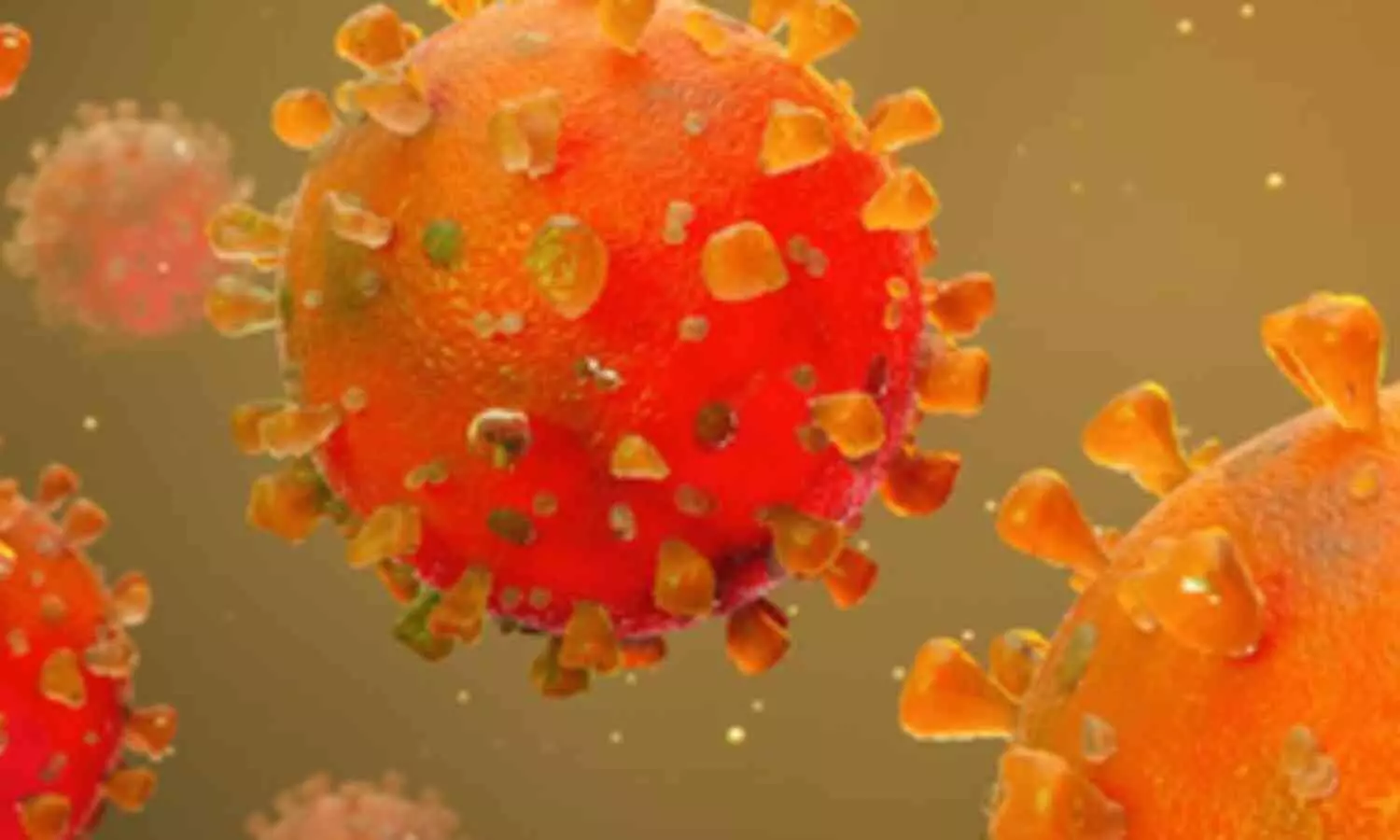Gene Variant Linked to Higher Flu & COVID Risk in Oceania's Indigenous Groups

Sydney: Australian researchers have discovered a previously unidentified gene that affects immune responses among indigenous populations across Oceania, according to a study released on Wednesday by The Peter Doherty Institute for Infection and Immunity in Melbourne. This research is the first to comprehensively map natural killer cells in these communities, was reported by Xinhua News Agency.
Natural killer (NK) cells, a type of white blood cell, play a crucial role in the body's early immune defense. They detect and destroy infected or diseased cells, preventing viruses from replicating during the initial stages of infection. The study highlights the highly variable nature of the NK cell receptor KIR3DL1 in Oceania's indigenous populations. This receptor is found to bind more tightly to human leukocyte antigens (HLA) molecules compared to KIR3DL1 variants seen in other parts of the world. This stronger binding alters the ability of NK cells to detect and respond to infections, potentially contributing to the higher susceptibility of these populations to severe respiratory diseases.
The findings suggest that this genetic variation could explain why indigenous communities in Oceania, including Australasia, Melanesia, Micronesia, and Polynesia, are disproportionately impacted by severe respiratory viral diseases such as influenza and COVID-19. The research underscores the need for targeted public health measures, particularly focused on vaccine development and immunotherapy strategies tailored to the specific immune characteristics of these populations.
Katherine Kedzierska, a senior author of the study from the Doherty Institute and the University of Melbourne, noted that their analysis of over 1,300 individuals revealed a significant presence of this genetic variant. Among highland Papuans, the variant’s frequency was as high as 28%, while around 6% of First Nations people from Northern Australia carried this variant. This suggests a potential link to increased infection risk among these communities.
Kedzierska emphasized that the study's findings could pave the way for improved preventive strategies. "Our learnings may inform the design of new vaccines or vaccine regimens and immunotherapies, helping to ensure these agents are effective for the broad sweep of human populations," she stated.
The eight-year study represents a significant step toward understanding how genetic diversity influences immune responses across different populations. The discovery of the KIR3DL1 variant could lead to better public health interventions, with a focus on designing vaccines that account for these genetic variations to enhance their effectiveness among indigenous groups. As research continues, it may also shed light on broader implications for other populations with similar genetic traits.


